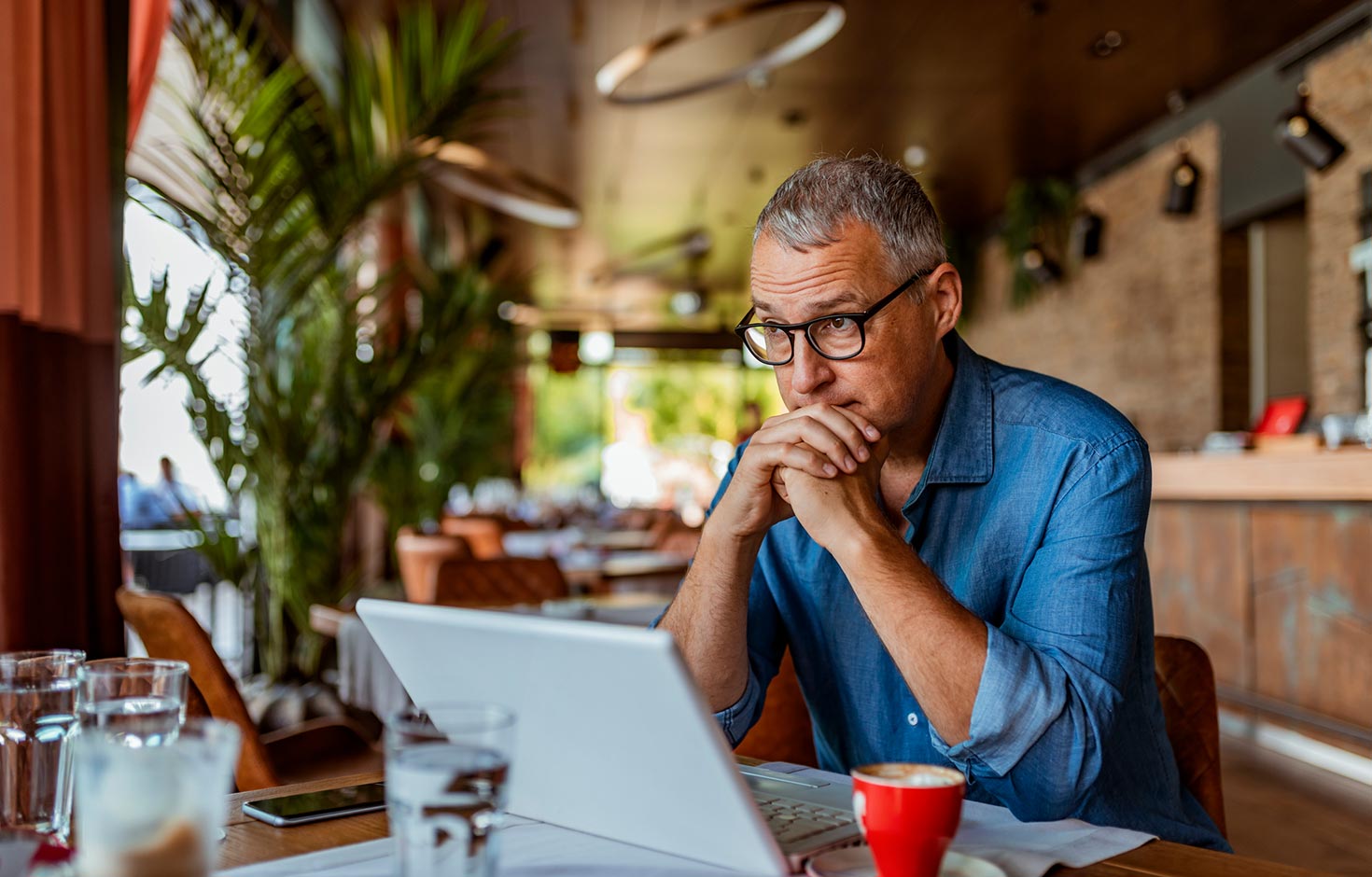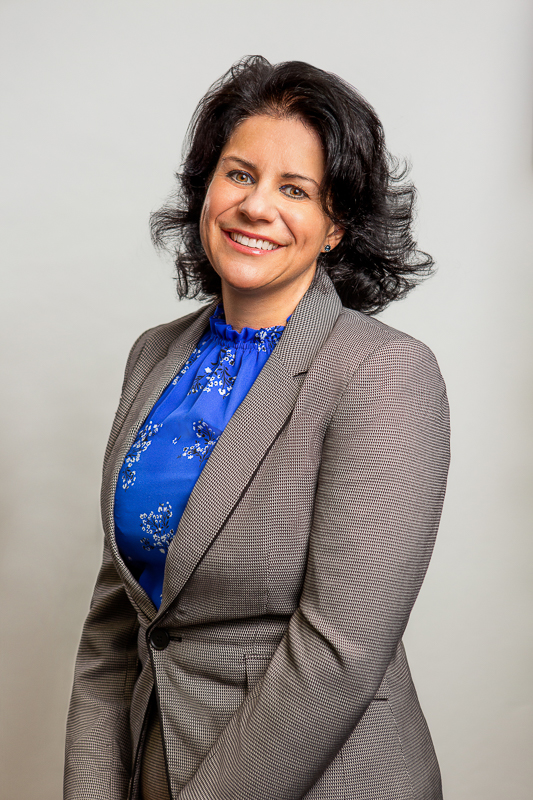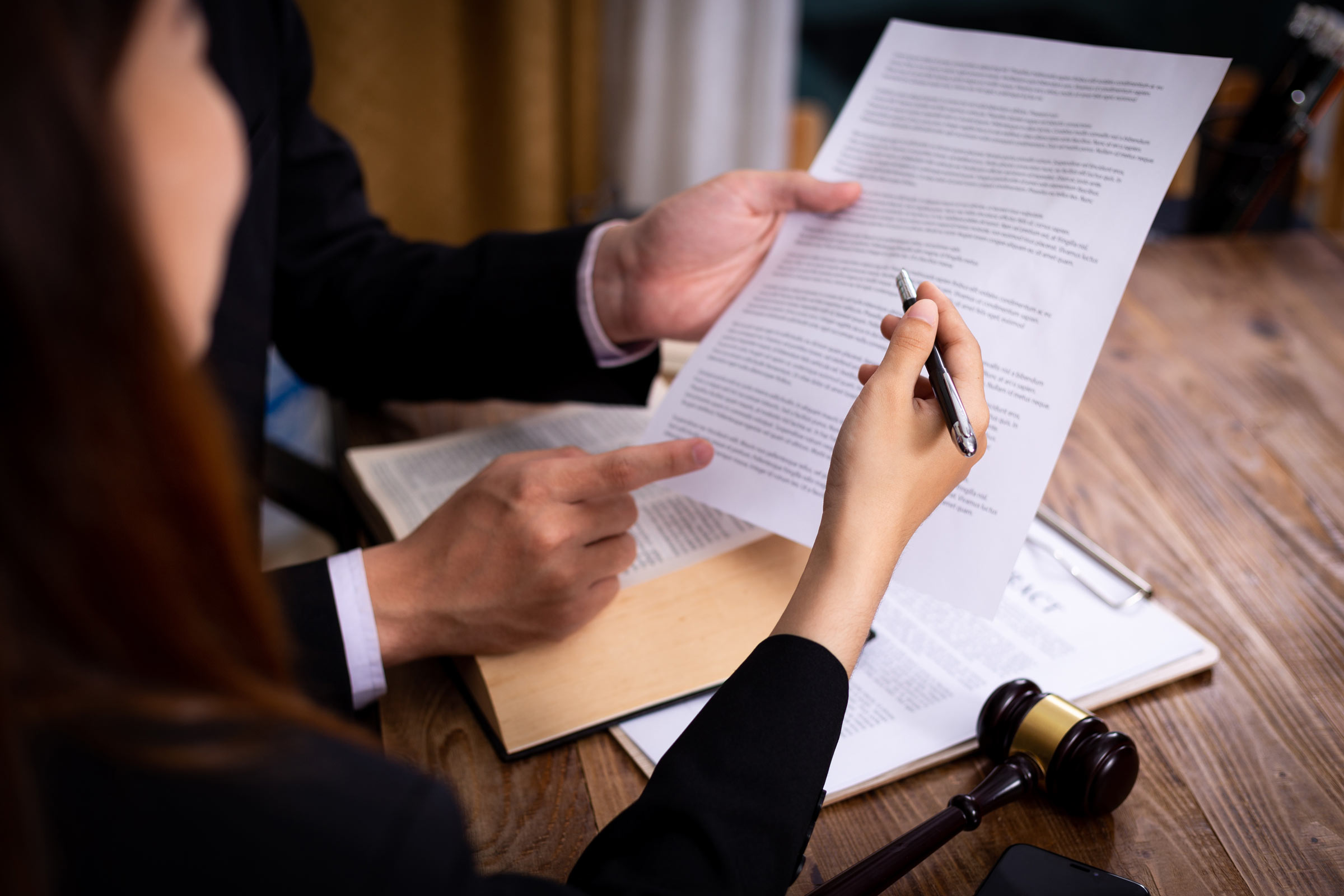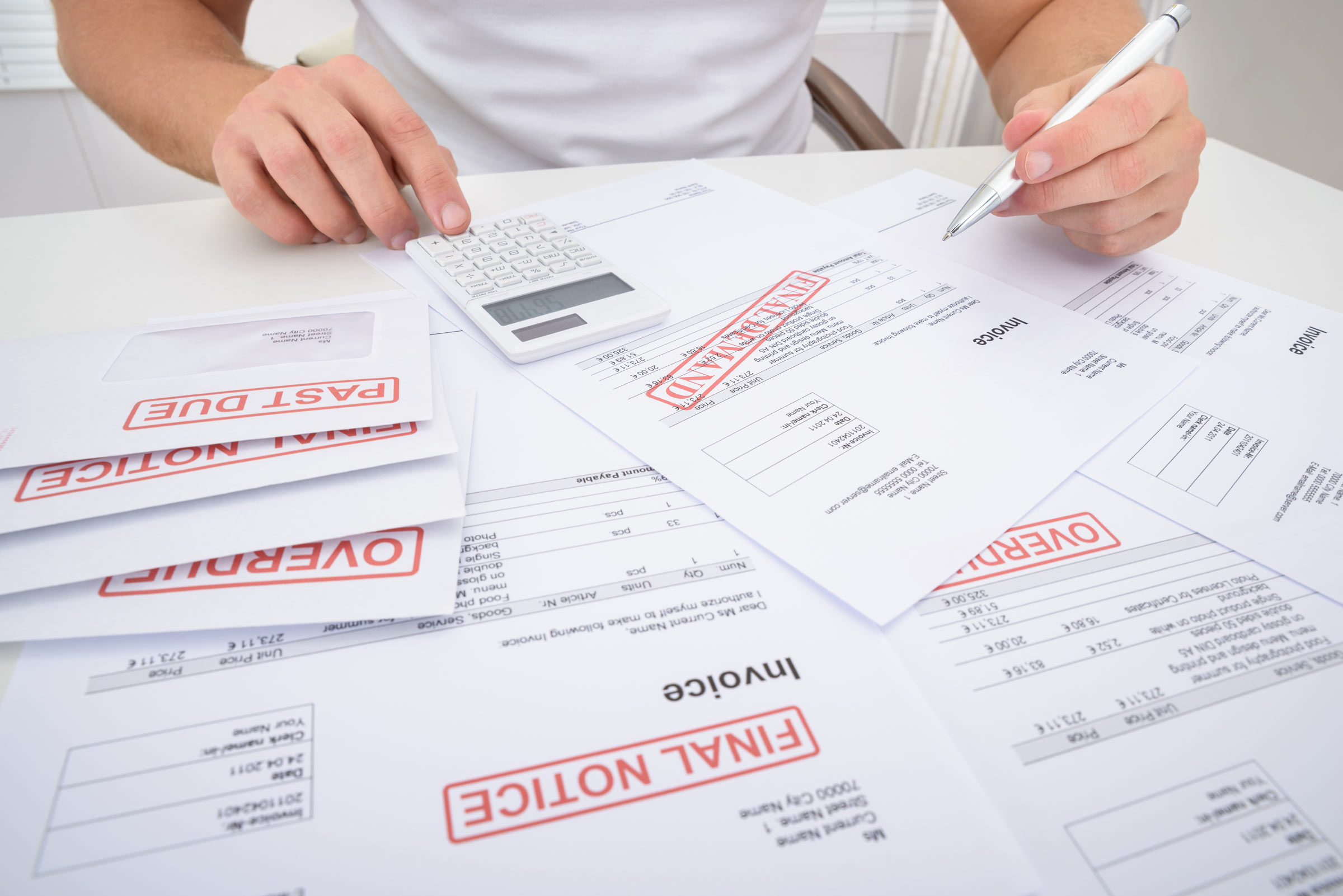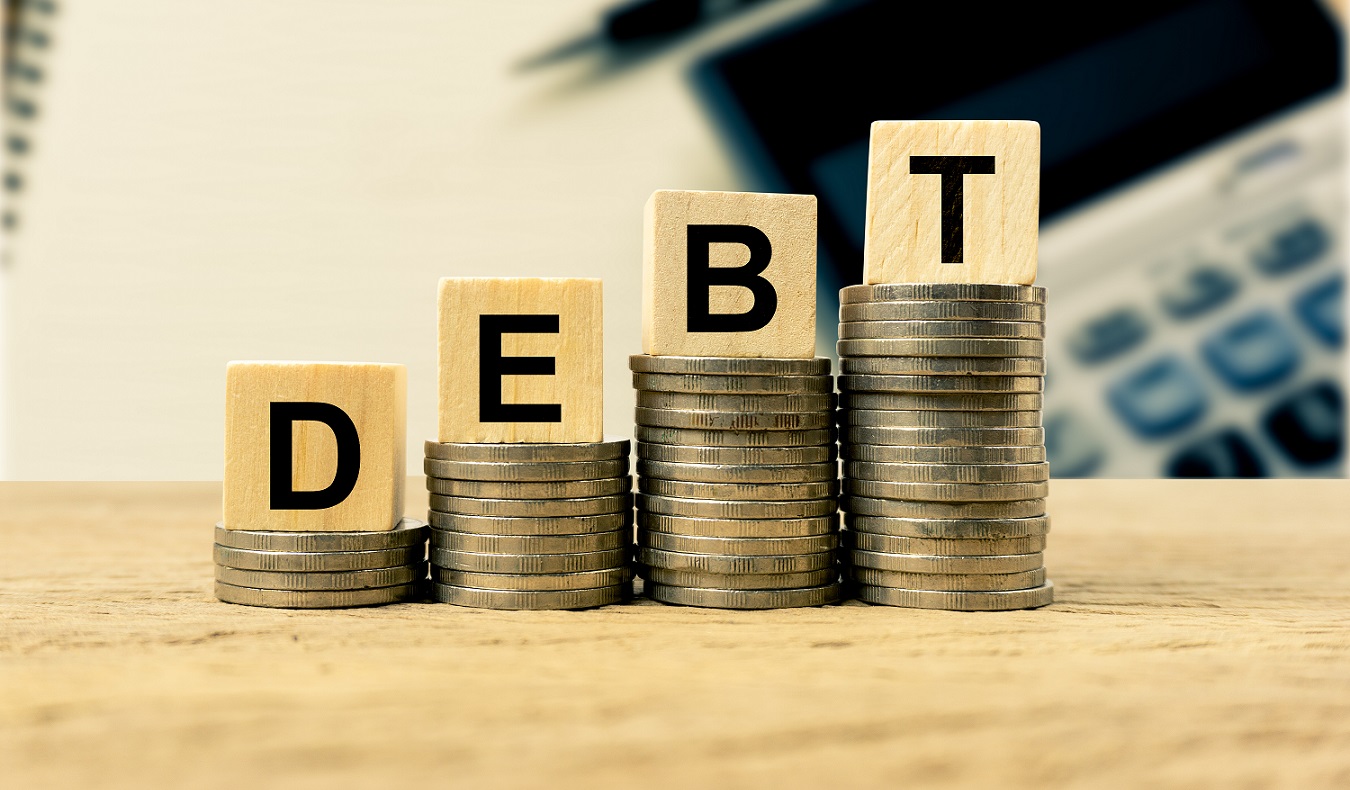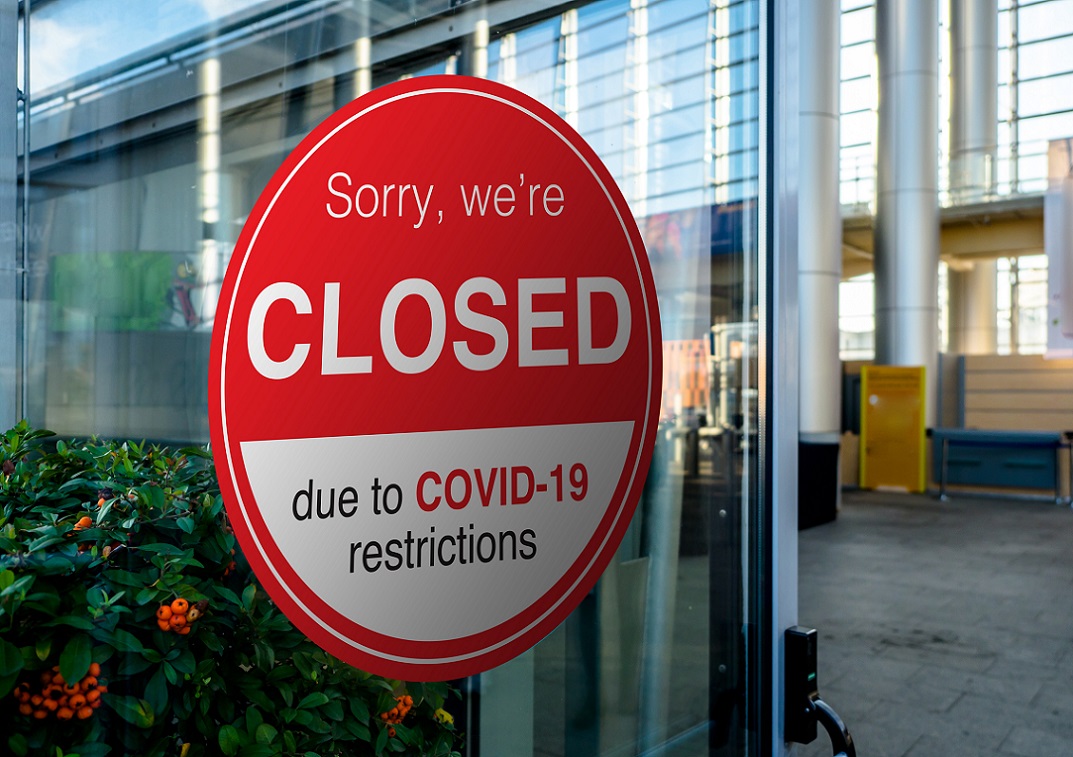Declaring bankruptcy is a significant step which requires careful consideration because it’s a declaration by a court that you can’t pay your debts. Sometimes, applying for bankruptcy may appear to be the only way out of a difficult financial situation. Still, it’s essential to weigh up the consequences of becoming a bankrupt against the immediate need to resolve your financial issues.
The effect of a bankruptcy declaration is that you may not have to repay some (or most) of your debts. But in exchange, you must give up your assets and hand over management of your finances to a bankruptcy trustee who is appointed by a court.
Expertise
Our bankruptcy lawyers are skilled in all areas of bankruptcy law, with expertise in advising:
- Insolvency accountants
- Small and medium-sized enterprises
- Individuals
Services
Our bankruptcy services include;
- Starting legal proceedings for creditor’s petitions
- Opposing or setting aside creditor’s petitions
- Applying for debtor’s petitions
- Providing advice about bankruptcy and other options
- Negotiating with creditors
- Negotiating debt agreements or personal insolvency agreements
- Issuing bankruptcy notices
- Applying to set aside bankruptcy notices
- Responding to letters of demand from creditors
Bankruptcy law FAQs
Any bankruptcy proceedings must start by a party taking legal action. You can voluntarily apply for bankruptcy, or one of your creditors may take legal action to make you bankrupt.
Voluntary bankruptcy
You can voluntarily apply for bankruptcy with a debtor’s petition. It’s an application to the Australian Financial Security Authority (AFSA) asking to be declared bankrupt. If you’re in financial distress, this is usually an option of last resort.
Bankruptcy by creditor’s petition
If you owe $10,000 or more to a person or organisation, they may apply for a bankruptcy (sequestration) order against you by filing a creditor’s petition in court. A creditor’s petition is a legal process started by a creditor (a person or business) against the debtor.
When you become bankrupt, appoints a trustee to manage and administer your financial affairs and assets.
Assets include:
- Real estate
- Cars
- Bank accounts
- Tools
- Lottery winnings
The trustee reviews your debts and liabilities and may sell your assets to pay your debts. Once you become bankrupt, any legal and enforcement proceedings are put on hold for the bankruptcy period, unless the creditor asks the court for permission to commence or continue legal action.
Usually, bankruptcy lasts for three years and one day from a date which is determined by your circumstances. For example:
- If you voluntarily apply to the to declare yourself bankrupt, the bankruptcy period starts from the date AFSA accepts your application
- For bankruptcy by creditors’ petition, in which a creditor applies to AFSA for a bankruptcy (sequestration) order against you, you will be required to complete a statement of financial affairs. The bankruptcy period starts once you’ve given the completed form to AFSA.
In some circumstances, the trustee can ask for an extension of the bankruptcy period for up to eight years.
In rare circumstances, bankruptcy can be cancelled, or annulled, before the bankruptcy period is due to end.
When you become bankrupt, you’re released from the requirement to repay some of your unsecured debts. A secured debt is a debt which is secured by collateral, such as a mortgage or child support. Unsecured debts are often for smaller sums of money, for example, utility bills, credit cards and personal loans.
What this means is that you will no longer have a legal responsibility to pay the unsecured debts. Even after the bankruptcy period has ended and you’re no longer bankrupt, you won’t be liable to repay any unsecured debts. However, this only applies to the unsecured debts you had before you became bankrupt.
After bankruptcy, you’re still legally required to pay your secured debts.
When you’re made bankrupt, there are some assets you’re allowed to keep, including:
- Most ordinary household and personal items such as:
-
- Any tools you use to earn an income, valued
- Any cars or motorbikes which you use mainly for transport, valued ). If the vehicle is financed, you subtract the amount owing from the total value
- Most of the money in regulated superannuation funds (including any withdrawals made on or after the date of bankruptcy). Any superannuation withdrawals made before the date of bankruptcy are not protected
- Life insurance policies for you or your spouse and any the proceeds from these policies which you received after bankruptcy
- Compensation for a personal injury or workers’ compensation claim (whether you received it before or after the date of bankruptcy)
- Any assets you’ve held in trust for another person (for example, a child’s bank account)
- Sporting, cultural, military or academic awards, such as medals or trophies, which have sentimental value to you
Sometimes, the long-term effects of a bankruptcy declaration can cause issues which weren’t apparent at the time. If you’re considering a voluntary bankruptcy, or you’re at risk of a creditor applying to make you bankrupt, you need to consider how a bankruptcy declaration may impact your life.
Some consequences of bankruptcy are:
- Your bankruptcy details are permanently listed on the government’s public register, the National Personal Insolvency Index (NPII). It shows details of insolvency proceedings in Australia, including bankruptcy
- You may not be allowed to travel to some countries. During the bankruptcy period, you may need the trustee’s written permission before any undertaking overseas travel
- The trustee can claw back any assets you transferred or sold, extending back to six months before your bankruptcy
- Your bankruptcy status is listed on your credit report for five years and then for another two years after your bankruptcy ends. It may affect your ability to get a loan or credit
- Under Australian company laws, you will not be allowed to be a company director
Yes, you can continue to earn an income when you’re bankrupt. However, your trustee may require you to contribute some of your income as compulsory payments (depending on your income level and whether you have any dependents).
When your bankruptcy period ends, you’re not required to apply for a formal discharge from your bankruptcy. It’s an automatic process.
When your bankruptcy period ends, creditors of your secured debts can resume recovery proceedings against you. These include any legal proceedings which were previously initiated or on hold before your becoming bankrupt.
Skilled bankruptcy advice when you need it
Learn more about our bankruptcy services in Melbourne and Victoria.
